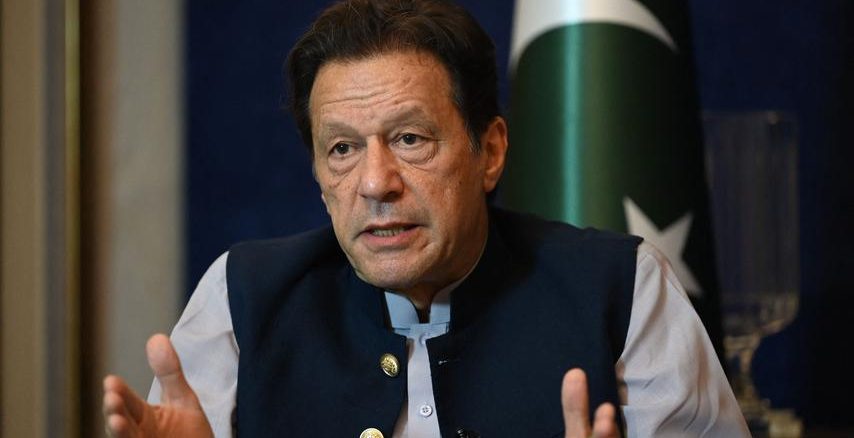
Former Pakistani Prime Minister Imran Khan Arrested for Corruption
Arrested for a Warrant Issued in May
Pakistani politician and former cricketer, Imran Khan, was arrested on Tuesday for failing to appear before a court on corruption charges. The arrest warrant was issued on May 1, and despite several requests for Khan to attend court proceedings, he failed to comply with the legal requirement to appear in court.
The National Accountability Bureau (NAB) arrested Khan at the Supreme Court where he was due to attend a hearing in relation to the Panama Papers corruption case. The arrest follows more than 100 cases that have been pending against Khan since his impeachment in parliamentary proceedings in April 2017, and his removal from the prime ministerial office. If convicted, Khan could face a long ban on holding public office.
Protests Break Out in Reaction to His Arrest
Khan’s political party, the Tehreek-e-Insaf (PTI), has called on its supporters to take to the streets in protest against his arrest. In March, the police attempted to arrest Khan at his home but failed due to clashes with his supporters. In the past, Khan has led anti-government protests against corrupt politicians and criticised the ruling parties for their mismanagement of the economy and security issues.
The PTI party’s supporters have historically clashed with the police, which may cause unrest in the country, particularly since there will be important general elections in November. The Pakistani government is already dealing with an economic crisis and the political instability caused by Khan’s arrest could be severe.
Politics and Power Struggles in Pakistan
Pakistan has a history of political instability and military intervention, and the country’s military has ruled the country for almost half of its history. No prime minister has ever completed a full term since the country gained independence in 1947.
The recent arrest of Khan is part of a wider effort by the country’s anti-corruption watchdog and judiciary to crack down on corruption in the country’s political elite. The trial against Khan is one of several corruption cases that have been brought against members of Pakistan’s opposition parties, which has led to accusations by some observers that the judiciary is biased in favour of the ruling party.

Be the first to comment